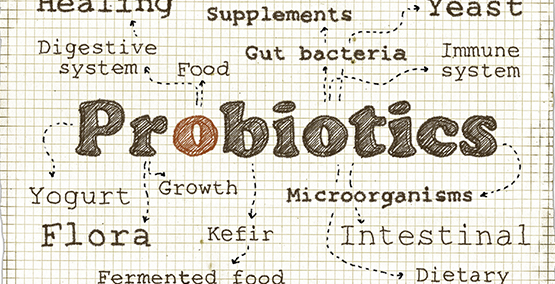
The Latest and greatest treatments for IBD: What to believe
What’s the best IBD medicine for me? Confusion on television and in your inbox....
See moresign up for our newsletter
SubscribeWe want healthy bacteria and yeast growing in our lower intestine. They can help during or after an intestinal infection and may help at other times to:
Can Probiotics Help Crohn's Disease and Ulcerative Colitis?
Probiotics are live, healthy bacteria or yeast that we can add to our intestines in the form of a pill or powder. The one most people know about is Lactobacillus acidophilus. It decreases the gas we produce and helps protect us from infections. But stomach acid kills most of the bacteria and before it ever gets to the intestine. Some people eat yogurt or kefir for the probiotics, but you have to eat a lot of yogurt to get the same amount that's in a pill. Fortunately, yogurt and kefir help to buffer the stomach acid, so you may be able to get some effect from what you do eat.
While probiotics are usually a benefit to the intestine and our bodies, the opposite has been found in those with Crohn's disease. A study giving a common probiotic to some patients and a placebo to others showed that the patients who did not take the probiotic did better. In Crohn's disease, this may be because those with the disease may have an immune defect that reacts to intestinal bacteria–in fact it seems that there's an overreaction that causes the intestinal injury in Crohn's Disease. The research found that it doesn't necessarily matter whether it's good or bad bacteria being introduced–the reaction occurs.

In Ulcerative Colitis (UC), tests have been done with a certain combination of 9 probiotics in very large quantity. It helps adult patients, both those who have early stages of the disease and those who have had surgery to remove their colons. But studies show that in UC, taking this same probiotic along with routine therapy was no more effective and slightly more expensive than just staying on the routine therapy alone.
The Better Approach
Instead of adding bacteria in the form of a single or combination probiotic, feed your own healthy bacteria better with foods that supports the good, protective bacteria. These foods are called prebiotics.
Good Sources of Prebiotics:
Vegetables like: asparagus, carrots, tomatoes, and sweet potatoes
This article, as well as all others, was reviewed and edited by a member of our Medical Advisory Board.
Subscribe Be the first to know